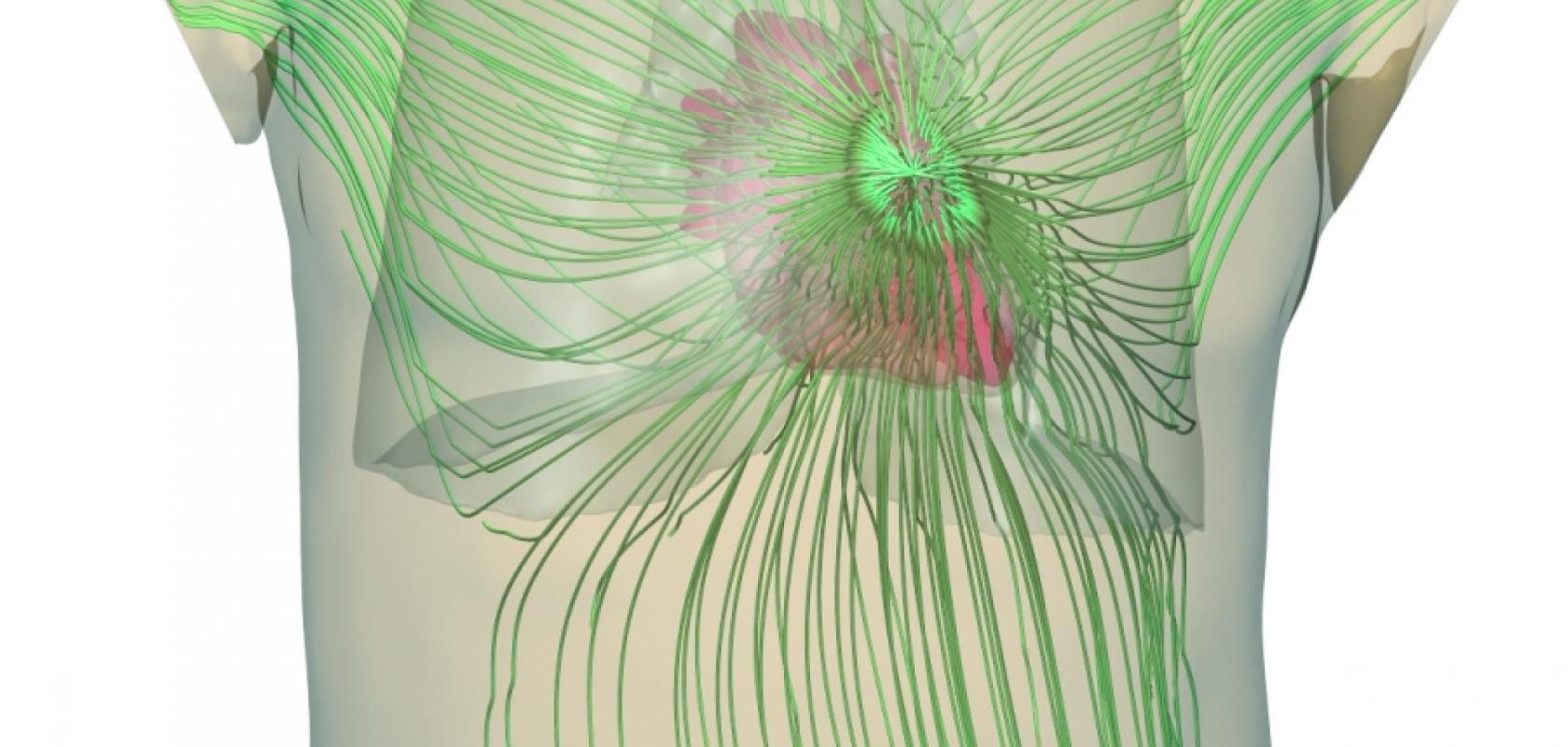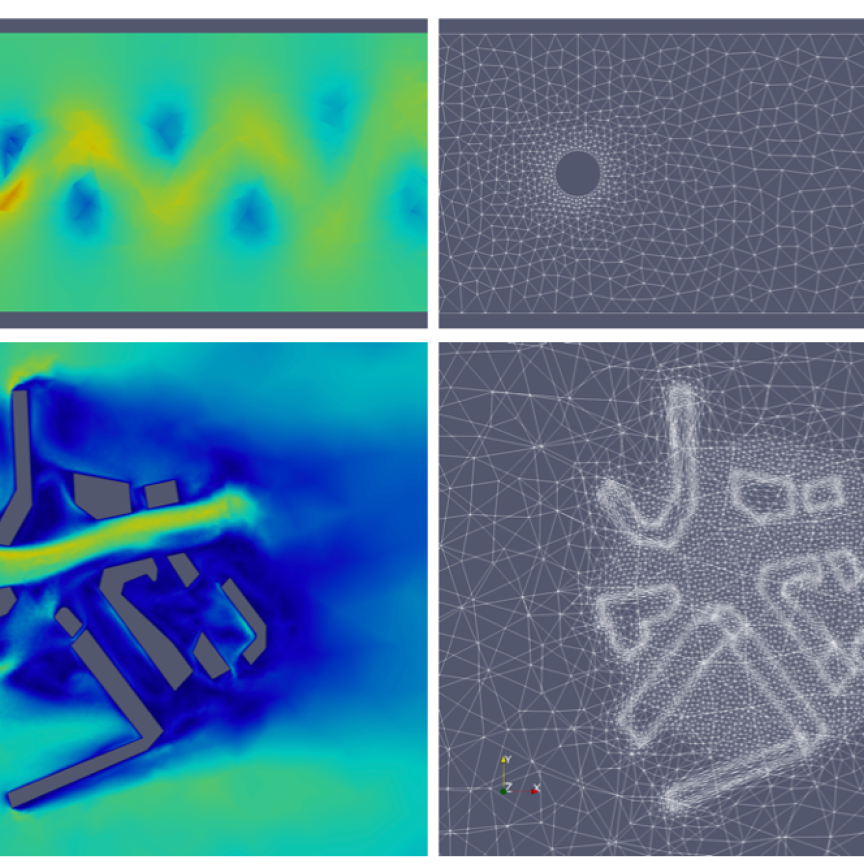HPC offers enormous potential to advance healthcare through the advances in new therapies and treatments. From understanding the nature of diseases to discovering new drugs and even paradigm shifts in the way that healthcare is delivered such as the development of precision medicine.
One area that HPC is being used is the treatment of cardiac diseases which are among the leading cause of death in Europe. Almost half of these deaths are linked to racing heart rates as a result of ventricular arrhythmias (abnormal heartbeats).
Researchers from Inria and Université de Bordeaux Team within IMB (Institut de Mathématiques de Bordeaux) and IHU LIRYC (L’Institut Hospitalo-Universitaire de Rythmologie et modélisation Cardiaque de Bordeaux), used scientific computing to understand this mechanism, of the heartbeat. The researchers made use of mathematical models that were developed based on the results of experiments on cardiac cells. Already very complex in a single cell, these models require high performance computing resources to simulate the interaction of the two billion cells in a human heart.
This work took place at IHU Liryc, a research institute dedicated to cardiac arrhythmias, with one of the largest clinical teams in the world specialising in the treatment of these diseases. The modellers used nine million core hours on GENCI’s supercomputers, including Turing, Occigen and Curie, which were allocated through PRACE (Partnership for Advanced Computing in Europe).


